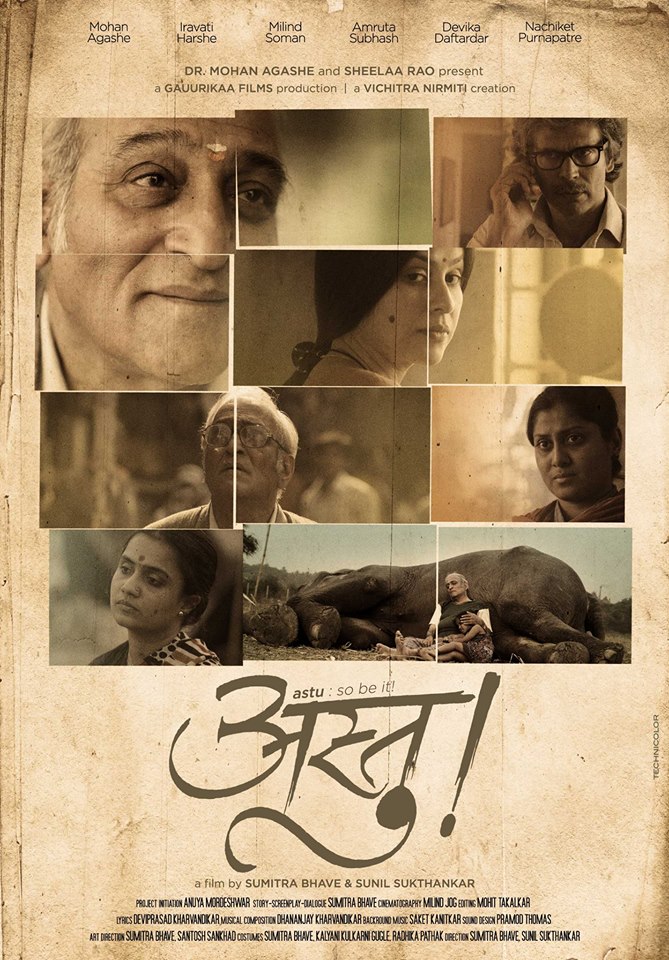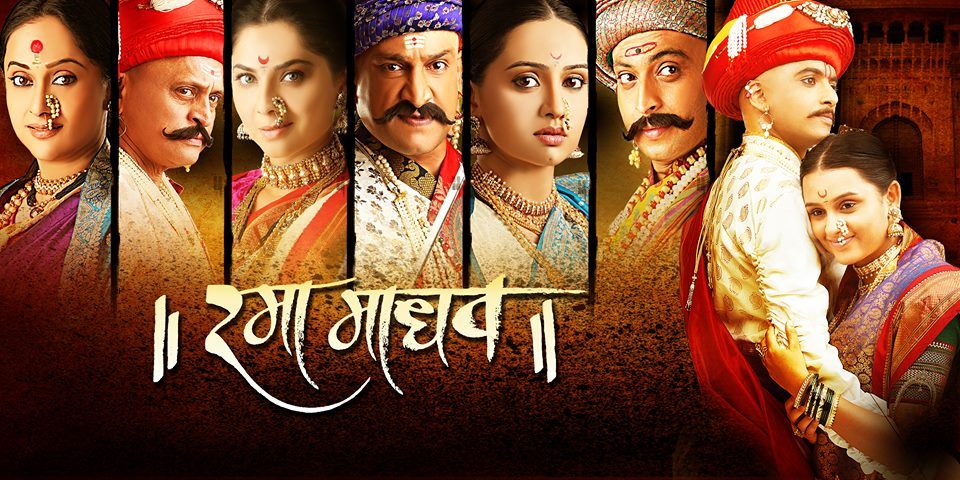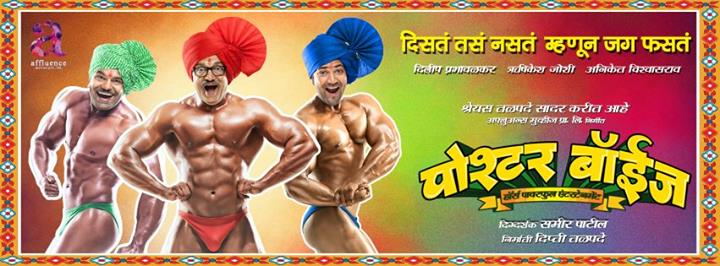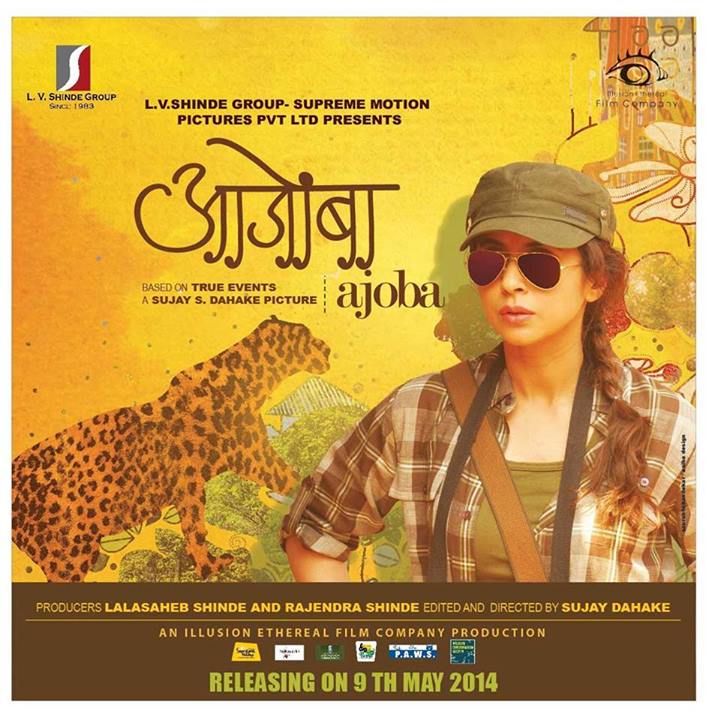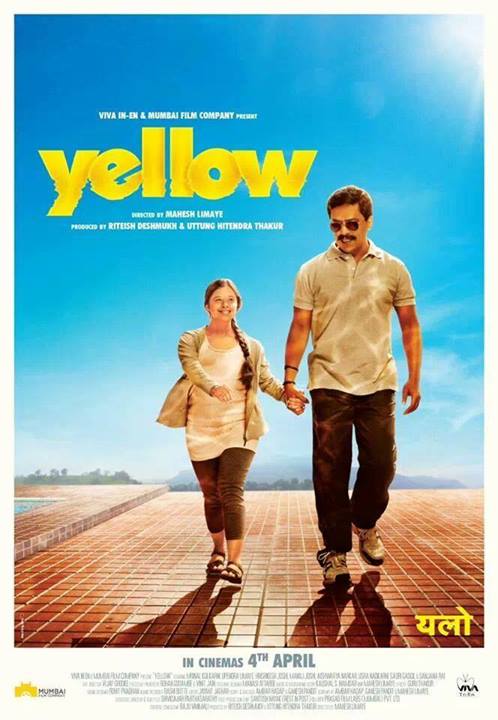Director: Swapna Waghmare Joshi
Producer: Sanjay Leela Bhansali
Writers: Shirish Latkar
Cast: Swapnil Joshi, Anjana Sukhani, Sneha Chavan, Jayant Wadkar
Music: Amitraaj and Nilesh Moharir
Genre: Murder mystery
Release date: May 27, 2016
Rating: * *
Review by: Keyur Seta
Director Swapna Waghmare Joshi’s Laal Ishq is a murder mystery. But the biggest mystery lies in Sanjay Leela Bhansali’s decision of venturing into Marathi cinema with this film, which is more like a stretched episode of the serial CID with a dash of lust sugarcoated as romance.
The film revolves around a theatre group. Yash Patwardhan (Swapnil Joshi), film and theatre superstar, and the rest of the crew arrives at a resort to rehearse for their upcoming play. The lead actress (Sneha Chavan) is obsessed and possessive with Yash. But Yash instantly falls for Janhavi (Anjana Sukhani), who works at the resort. She too develops the same feelings for him. But amid their romance, a murder takes place. Senior cop Randive (Kamlesh Sawant) arrives to investigate the case.
Laal Ishq is quite fast paced on most occasions. It was a good idea to keep the length restricted to less than two hours. But what makes the film watchable is Kamlesh Sawant’s witty and sarcastic act as a cunning investigating officer. His confrontational scenes with Swapnil Joshi keep the film watchable. But apart from these points, the film has nothing working for itself.
 So, let’s have a look at the fallacies, which are aplenty:-
So, let’s have a look at the fallacies, which are aplenty:-
–The film is well shot. But that doesn’t help much as it is basically remains a murder mystery in an age old setting – group of people assembling at a venue and one of the gets killed. Doesn’t this instantly remind you of CID? Unfortunately, the film is handled in the same way as the Hindi serial.
— The entire investigation is quite unintentionally hilarious. The two investigating officers aren’t even aware that the prime evidence material from the murder site isn’t to be picked up with bare hands. Never heard of gloves?
— The absurdity of the investigation isn’t limited to this. It is seen the most with the way the mystery is solved. To say that it is unconvincing will be an understatement.
— Yash looks at the girl and instantly falls for her without knowing her. That’s not love. That’s lust or infatuation at the most. The entire romance angle, if it can be called one, doesn’t gel with the film.
— The guy doesn’t love his irritating co-star. But never tells her clearly. Why oh why?
— Which sane theatre group would continue with the rehearsals even after their director is brutally murdered? In fact, they don’t even take a day to mourn his death. To add to this, the deceased was a mentor for Yash. Well, they just redefined professionalism!
— The title is half justified. There is no ishq but there is a lot of laal, constantly reminding us about Bhansali’s association with the film.
— A supporting character is constantly audio searching something on Google in almost each and every frame, even while having meals. Even primary school kids don’t behave this way.
— The final mystery in the end, which is the most crucial part in a whodunit, completely lacks conviction. I can’t reveal more to avoid spoilers.
Swapnil Joshi’s performance is somewhat of a saving grace, although he is far from his best. Anjana Sukhani’s act just rises to an average level. Sneha Chavan is irritating to the core. Her poor characterization is to be blamed for this. The rest of the actors just fit the bill. The music is quite decent but the songs appear forced.
Overall: Laal Ishq is an immature murder mystery. Despite Swapnil Joshi’s presence, the film stands no chance at the box-office. The amazing run of Sairaat too will affect its collections.


